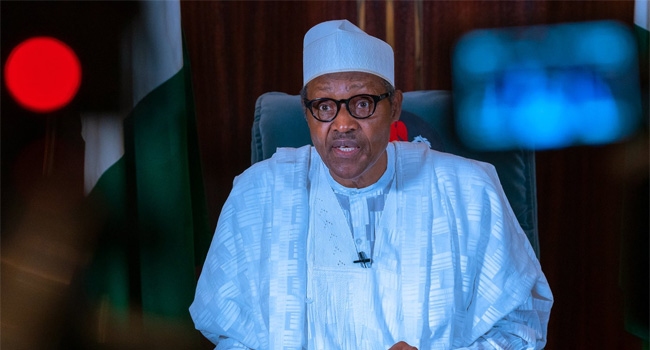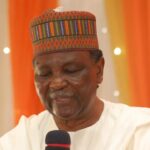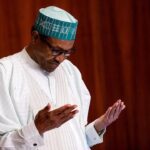President Muhammadu Buhari has approved a one-year deferment of the 35 per cent import adjustment tax (levy) imposed on Fully Built Unit (FBU) electricity meters while six million power users expect to get the device.
A statement from the Ministry of Finance, Budget and National Planning, said the HS Code 9028.30.00.00 tariff is under the 2019 fiscal policy measures for the implementation of Economic Community of West African States (ECOWAS), Common External Tariff (CET) 2017 – 2022 of the Nigerian Customs Service (NCS), approved in 2015.
The statement said the approval for the adjustment was on a request by Mrs Zainab Ahmed, the Minister of Finance, Budget and National Planning, to support the Nigerian Electricity Regulatory Commission (NERC) in rolling 3 million electricity meters, which is under the Meter Asset Provider (MAP) framework.
“The 35 percent levy was imposed on the recommendation of the Federal Ministry of Industry, Trade and Investment, to encourage local production, as well as protect investments in the local assembly of electricity meters,” Zainab said in the request.
The MAP regulation stipulates that a MAP firm must source a minimum of 30 percent of their contracted metering volumes from local meter manufacturers.
“However, the application of the 35 percent levy on electricity meters has created a significant challenge to the smooth implementation of MAP scheme of NERC,” the request stated.
It also noted that 6m electricity consumers have embraced the opportunities presented by MAP and signed off to pay for electricity meters at the regulated prices approved by NERC.
The Minister of State for Power, Goddy Jedy-Agba recently at the 563 megawatts (MW) Calabar NIPP inspection I Cross River, revealed that the waiver on meter import was necessary to ensure more meters to electricity users.
“I believe Nigerians will soon begin to see the impact. So in a short while, people will have meters to know what they consume and pay for the same. I think six months from now there should be a noticeable improvement both in supply and in metering. The government is committed to its duty for the provision of social services and we want to see this go through especially as it relates to power supply,” said Jedy-Agba

 Join Daily Trust WhatsApp Community For Quick Access To News and Happenings Around You.
Join Daily Trust WhatsApp Community For Quick Access To News and Happenings Around You.


